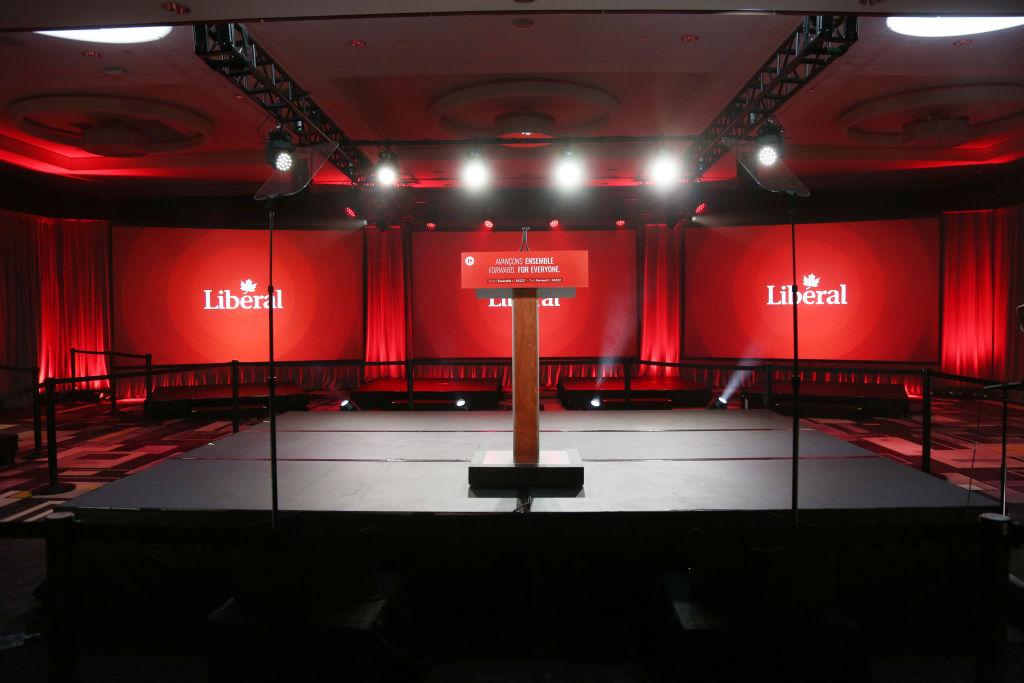The Liberal Party will elect its new leader in the coming months with rules that, according to publicly released intelligence, had been exploited by Beijing in the past to support a favoured candidate in a riding nomination contest.
The leadership race is expected to kick off in the coming days, after Prime Minister Justin Trudeau announced on Jan. 6 that he intends to step down once the Liberal Party elects a new leader.





